
Authors: Damian Wojsław & Grzegorz Adamowicz
The Linux DevOps Handbook is a comprehensive guide that takes readers on a journey through the intricacies of Linux systems and DevOps practices. Written in a clear and accessible language, this book is perfect for both beginners and experienced professionals looking to enhance their skills in the world of DevOps.
The book begins by providing a thorough explanation of various Linux operating systems and essential command-line usage. From there, readers are gradually introduced to intermediate Linux administration topics, including user management, file handling, and other fundamental operations.
One of the highlights of the book is its exploration of shell scripting and automation capabilities. The authors delve into the intricacies of writing scripts to streamline tasks and improve efficiency.
In the second part of the book, readers dive into managing services in Linux, with detailed explanations and practical examples. The chapter on version control systems and Git provides valuable insights into managing code repositories effectively.
As the book progresses, readers are introduced to containerization concepts, starting with Docker basics and advancing to more advanced topics. The authors provide a deep dive into the world of containers, equipping readers with the knowledge needed to leverage this technology effectively.
Another noteworthy aspect of the book is its coverage of monitoring, tracing, and distributed logging using a variety of tools and services such as AWS X-Ray, Prometheus, Grafana, and others. Additionally, readers will find a dedicated chapter on Ansible for configuration as code, complete with practical examples and use cases.
Chapter by chapter, the book delves into Infrastructure as Code tools like Terraform and Pulumi, offering numerous samples and explanations to help readers grasp these concepts effectively. Furthermore, readers are guided through the intricacies of CI/CD processes using tools like GitHub, Terraform, and Atlantis, along with best practices and common pitfalls to avoid in DevOps.
In conclusion, The Linux DevOps Handbook is an invaluable resource for individuals looking to expand their knowledge of DevOps and Linux systems. Whether you’re a seasoned professional or just starting your journey in DevOps, this book offers practical insights and guidance to help you succeed in your endeavours.
Special thanks to Linda Pearlson and Packt for providing a copy of the book.
Disclaimer:
The views expressed and the content shared in all published articles on this website are solely those of the respective authors, and they do not necessarily reflect the views of the author’s employer or the techbeatly platform. We strive to ensure the accuracy and validity of the content published on our website. However, we cannot guarantee the absolute correctness or completeness of the information provided. It is the responsibility of the readers and users of this website to verify the accuracy and appropriateness of any information or opinions expressed within the articles. If you come across any content that you believe to be incorrect or invalid, please contact us immediately so that we can address the issue promptly.
Tags:
Comments

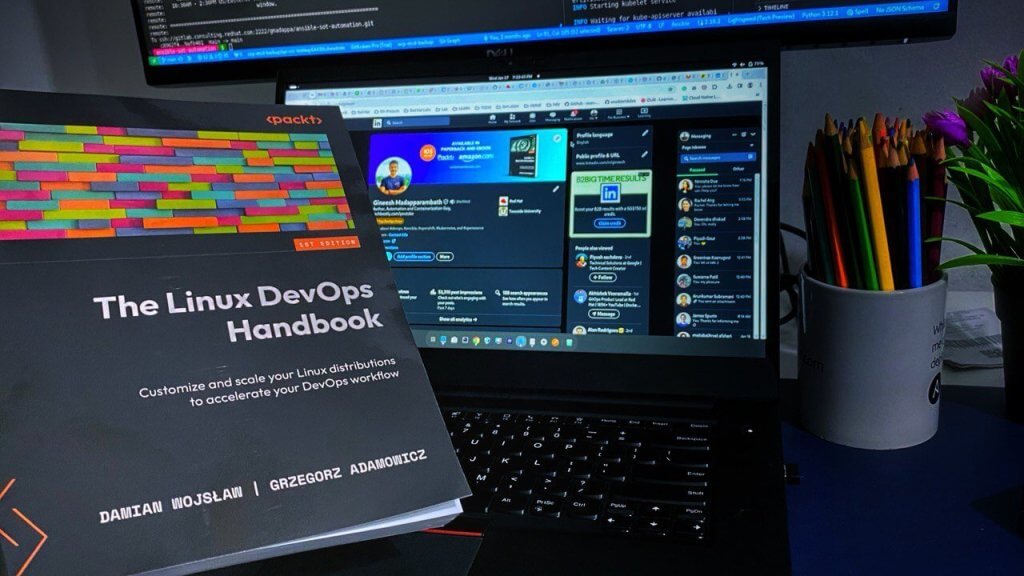

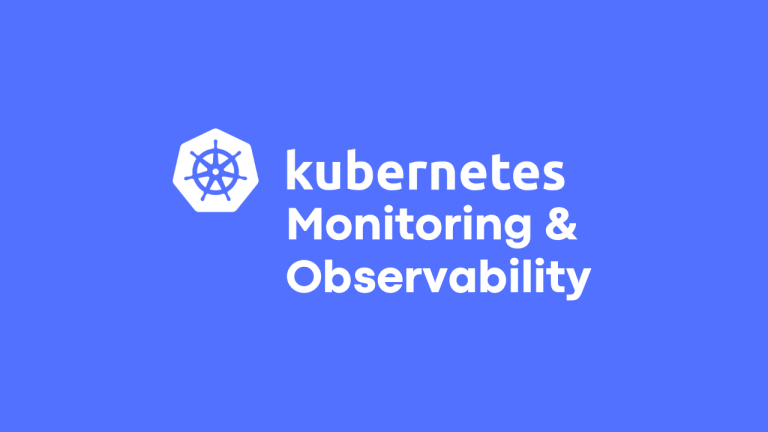
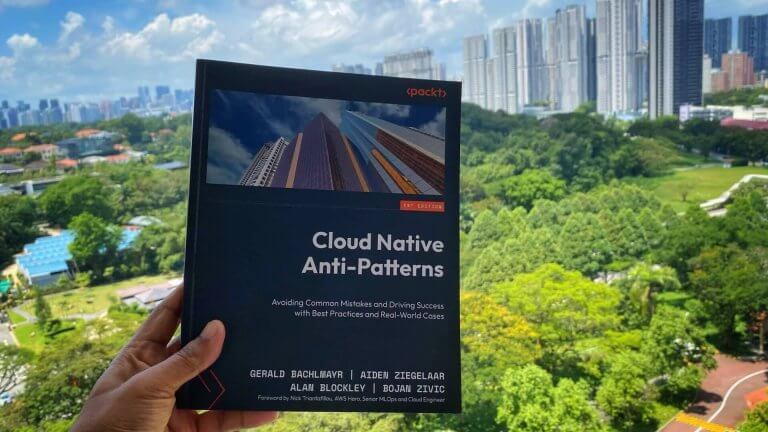
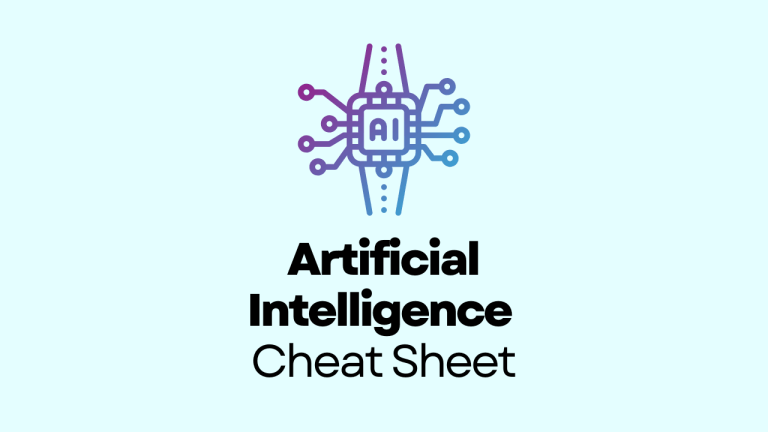
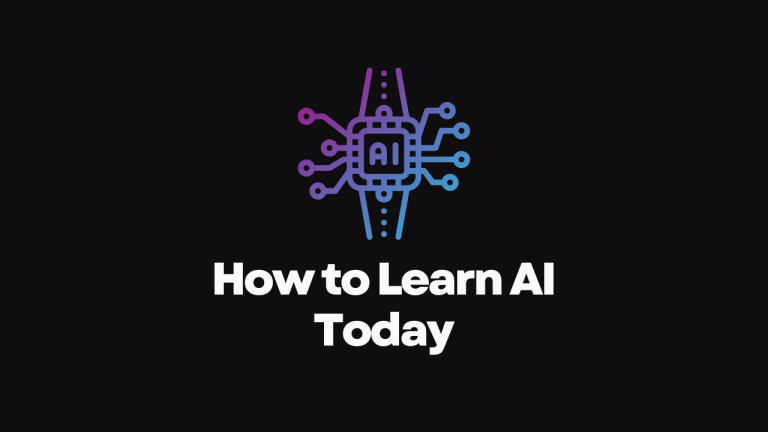
Leave a Reply